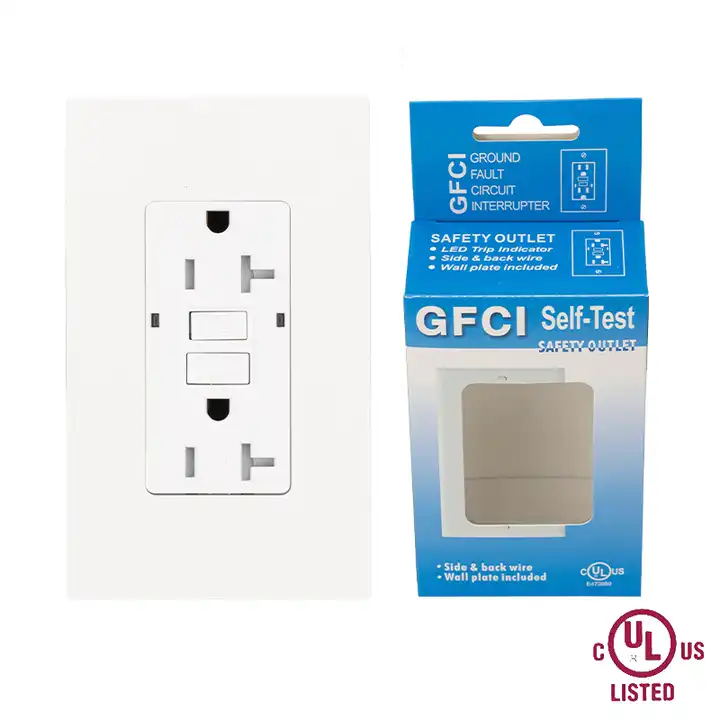
- English
- Español
- Português
- русский
- Français
- 日本語
- Deutsch
- tiếng Việt
- Italiano
- Nederlands
- ภาษาไทย
- Polski
- 한국어
- Svenska
- magyar
- Malay
- বাংলা ভাষার
- Dansk
- Suomi
- हिन्दी
- Pilipino
- Türkçe
- Gaeilge
- العربية
- Indonesia
- Norsk
- تمل
- český
- ελληνικά
- український
- Javanese
- فارسی
- தமிழ்
- తెలుగు
- नेपाली
- Burmese
- български
- ລາວ
- Latine
- Қазақша
- Euskal
- Azərbaycan
- Slovenský jazyk
- Македонски
- Lietuvos
- Eesti Keel
- Română
- Slovenski
- मराठी
- Srpski језик
Why does my GFCI keep tripping?
2023-10-11
If you have ever experienced the frustration of your GFCI (Ground Fault Circuit Interrupter) continuously tripping, you are not alone. GFCIs are essential for keeping you and your home safe, so when they trip, it means there is a problem. But what causes a GFCI to keep tripping?
First, it is important to understand what a GFCI does. A GFCI is a type of electrical outlet that is designed to protect you from electrical shocks and fires. It works by shutting off the power to the outlet if it detects a leakage of electrical current, which can happen if an appliance or device comes in contact with water or moisture.
One of the most common reasons for a GFCI to keep tripping is an overload of electrical current. If you have too many appliances or devices plugged into the same circuit, it can cause the GFCI to trip repeatedly. It is important to be aware of the electrical load requirements for your GFCI and make sure you are not exceeding them.
Another reason why your GFCI might be tripping could be due to a wiring issue. Over time, the wiring in your home can become worn or damaged, which can cause your GFCI to trip. This is particularly true if you have an older home with outdated wiring that is not up to code. In this case, you may need to have your wiring replaced to ensure that your GFCI is functioning properly.
Finally, moisture or water damage can also cause your GFCI to trip. This can happen if a water source such as a leaky roof or plumbing issue is causing moisture to enter your electrical system. In this case, it is important to identify and fix the source of the moisture before your GFCI can function properly again.
In conclusion, if your GFCI keeps tripping, it is important to identify the root cause of the problem. Whether it is an electrical overload, wiring issue, or moisture damage, it is essential to take action to address the issue to ensure your safety and that of your home. If you are unsure of the cause, it is always recommended to consult with a licensed electrician who can diagnose and fix the problem for you.




